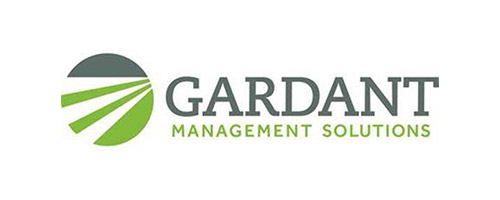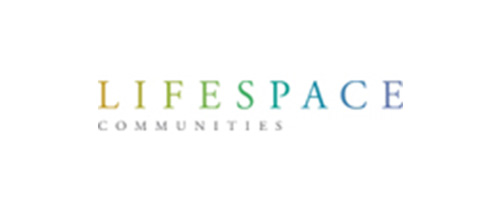Health, wealth and longevity: New tools allow science-based financial planning by S. Jay Olshansky, PhD, Karl Ricanek, PhD, Kirk Ashburn, CCPS, and Steven Austad, PhD
The wealthiest individuals tend to lead longer lives than their poorest counterparts--up to an additional 15 years for men and 10 years for women in one 2016 study. The researchers noted at the time that these disparities could relate to differences in educational levels, lifestyles and health behaviors rather than simply financial status. Now, a newly published study in the Journal of Gerontology shows that when compared to the poorest individuals, the wealthiest men and women also enjoy nearly a decade longer in "favorable states of health" and free from disability, based on estimates arrived at by measuring healthy life expectancy (referred to here as healthspan). Even as calls go out to address disparities and improve healthy life expectancy for all, more people are already living to advanced ages. Many will outlive their money and large segments of the population have little or no money set aside for retirement at all, creating personal as well as public challenges across a wide range of areas, including housing and healthcare. What if it did not have to be that way? Financial advisors know that health and happiness are by far the most precious commodities that clients seek--longevity is just a bonus. Wealth amplifies the chances that both will occur. Longevity accompanied by good health then becomes a gift. Today, new tools merge aging science with wealth planning to help individuals achieve these goals.





































